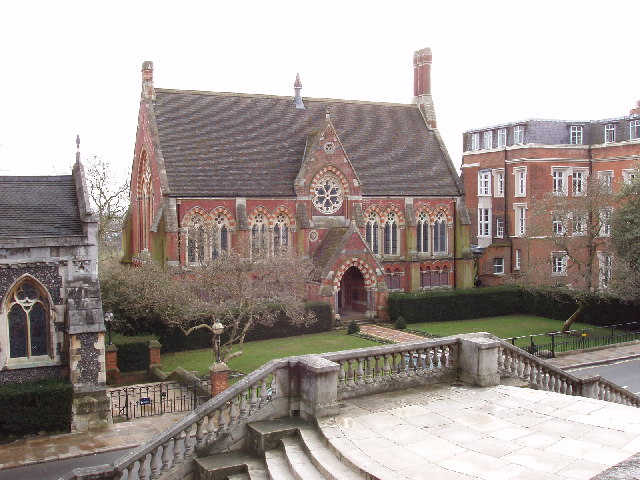These institutions attract the best because they know what they’re doing, says Melanie Butler
The British Council accredited boarding schools have survived the pandemic better than any other sector, judged on the number who have chosen, or have been forced, to leave the accreditation scheme. Just one, King’s College, St Michael’s, which catered exclusively to international students, closed its doors early in the first lockdown. But another, Kilgraston, in Scotland, has joined the scheme, although its accreditation remains provisional while it awaits its full inspection, scheduled to take place, Covid permitting, this summer.
By contrast, the universities, with which the boarding schools compete head to head for top performing sector in our ranking, have seen seven of them opt out of EFL accreditation, nearly 20% of the pre-pandemic total.
The boarding schools have seen their overall scores on the EL Gazette ranking drop slightly to 7.5 strengths, putting them neck and neck with the universities and a standard deviation ahead of the private language sector on average (although it should be noted that the three top summer schools are not in the boarding sector).
So, what gives boarding schools their advantage? Put simply, it’s because looking after children 24 hours a day and giving them an excellent education is what they do, all year round. Indeed, it’s what many, like St Edmund’s Ware and Harrow School, have been doing for hundreds of years. But even the ‘newer ones’, like Concord College, a mere 70 years old, and the King’s Education Group, consistently outscore the private language schools. Only a few young-learner specialists give them a run for their money.
It’s perfectly true that boarding-school-run summer courses are not typically managed by their year-round staff, though many, like Millfield, employ their summer-school management team year-round and attract staff back year after year.
And they do tend to attract better trained and more experienced staff because, as we explain on page 23, they pay them better and work them fewer hours.
Some years ago a furious boarding school headteacher phoned the Gazette to complain that the organisation to whom he had let his school to for the summer had let the kids run wild and invade the local pub. “Where were the teachers?” he fumed.
Probably asleep, I replied, since they were on duty 72 hours a week.
“They don’t know what they’re doing!” he thundered. “We’ve been looking after children since 1552 and we know they won’t be safe when their teachers are too tired to take care of them.” Just so.





